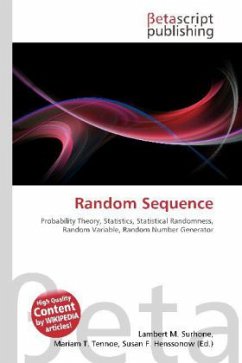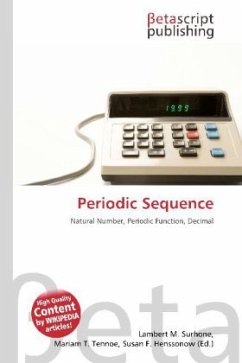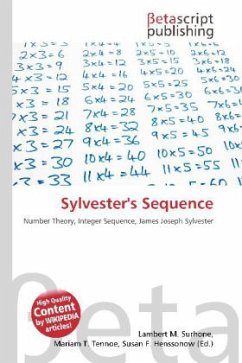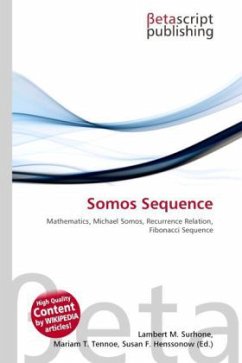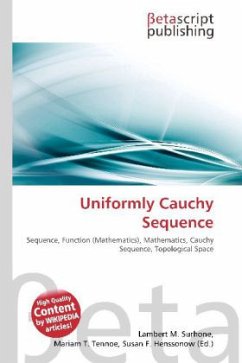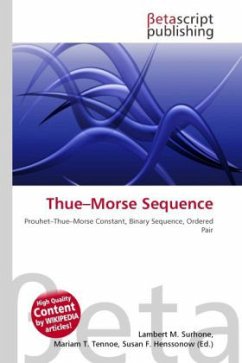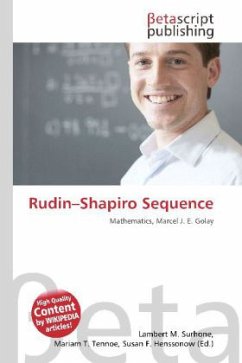Please note that the content of this book primarily consists of articles available from Wikipedia or other free sources online. The concept of a random sequence is essential in probability theory and statistics. The concept generally relies on the notion of a sequence of random variables and many statistical discussions begin with the words "let X1,...,Xn be independent random variables...". Yet as D. H. Lehmer stated in 1951: "A random sequence is a vague notion... in which each term is unpredictable to the uninitiated and whose digits pass a certain number of tests traditional with statisticians".Axiomatic probability theory deliberately avoids a definition of a random sequence. Traditional probability theory does not state if a specific sequence is random, but generally proceeds to discuss the properties of random variables and stochastic sequences assuming some definition of randomness. The Bourbaki school considered the statement "let us consider a random sequence" an abuse of language.During the 20th century various technical approaches to defining random sequences were developed and now three distinct paradigms can be identified.
Bitte wählen Sie Ihr Anliegen aus.
Rechnungen
Retourenschein anfordern
Bestellstatus
Storno

